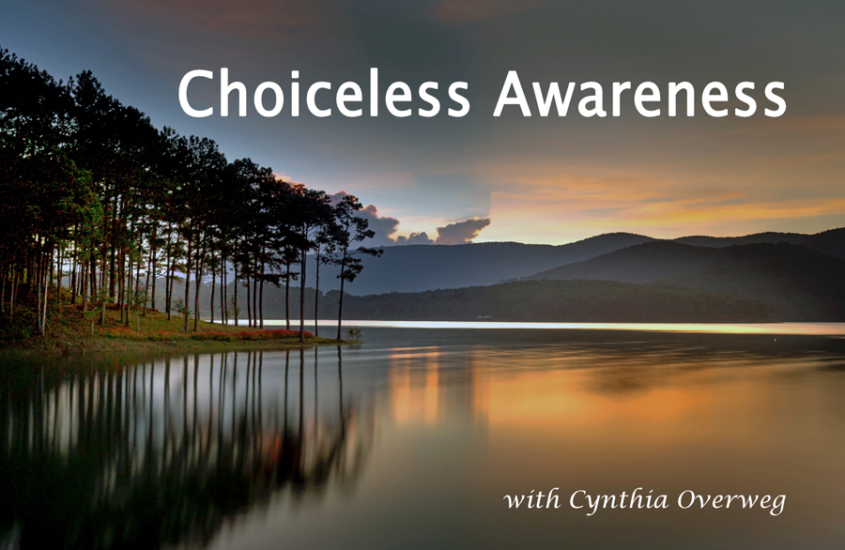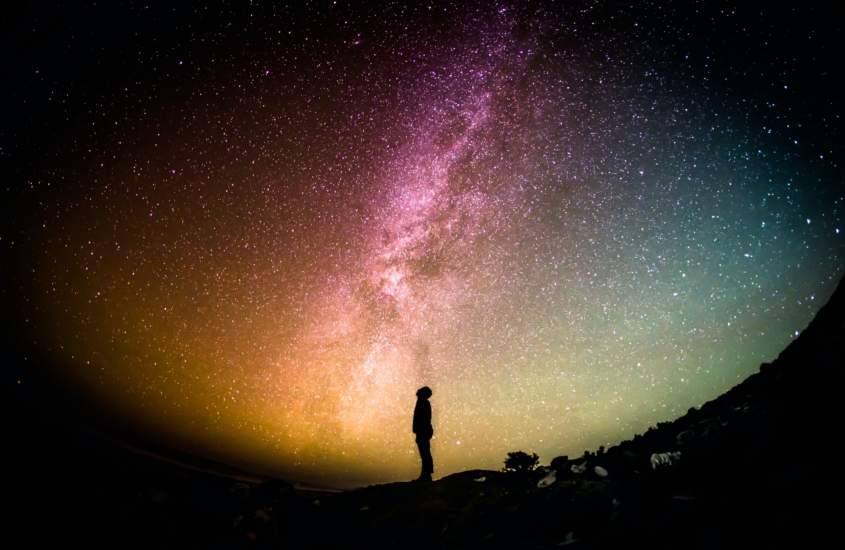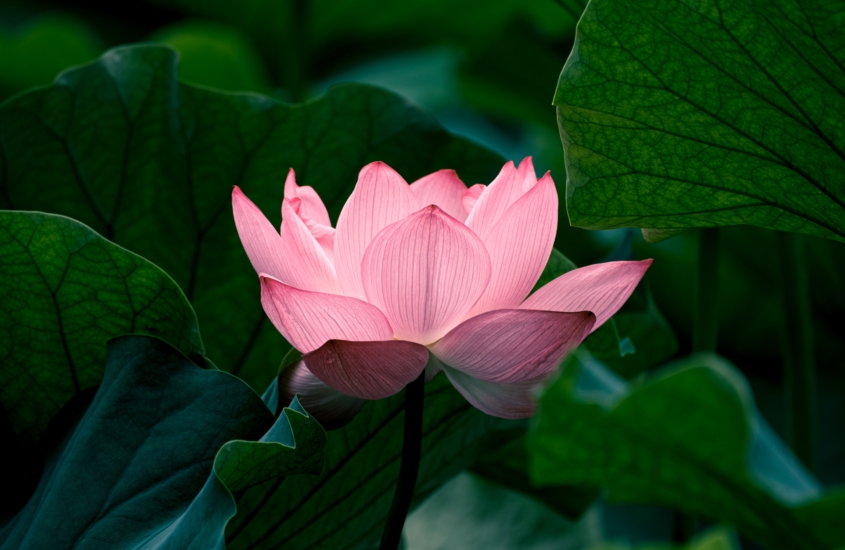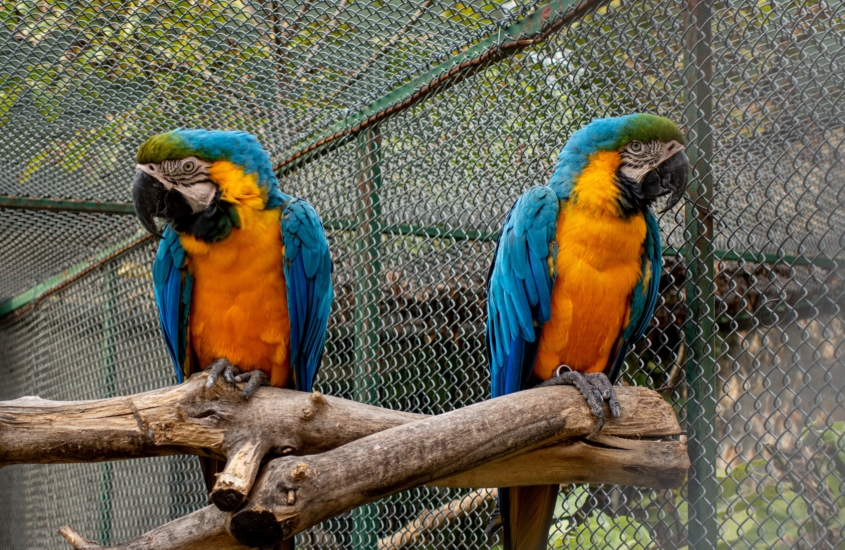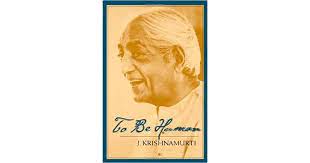Choiceless Awareness, March11, 2023
Choiceless Awareness
With Cynthia Overweg
Saturday, March 11, 2023
Zoom Online
Cynthia joined us online from Ojai, California, the site of the Krishnamurti Foundation of America. She will be presenting a series of four meetings which invite an exploration of the theme of “Choiceless Awareness”, a central element in the teachings of J. Krishnamurti, and what he had to say about it. For this first gathering there were twenty-one participants, including interested seekers, facilitators, and support staff. The format of the sessions will be power point presentations and following discussion periods along with short periods of silence and listening to beautiful music in which participants will be encouraged to be grounded with feet on the floor and to be fully present with whatever is arising in the space of Awareness. The silent breaks offer an opportunity to integrate the words of Krishnamurti that have been shared as well as the words of wisdom that may have been shared by the group members.
The first session was entitled “Approaching Choiceless Awareness”. Cynthia asked “What is awareness without choice?” First there is awareness, a silent observation of “what is”, then there is choice, like and dislike, and interpretation of what is observed, including descriptive words or naming, with their conditioned ideas. Krishnamurti asks if we can be aware without choice, interpretation, and words. He asks us to look into the “mirror of relationship”. Seeing the workings of our minds in relationship, K says that every form of conditioning is dissolved. In the perception of what is there is freedom from what is.
Cynthia suggested that awareness and attention are synonymous. They both point to an observing of the “me” which spontaneously brings about a capacity for stillness and silence in the mind. In such stillness the “Immeasurable” can reveal itself and the human being can experience “bliss”. Other ideas shared by Cynthia were as follows:
– There is a relationship between relaxation and attention
– The mind cannot understand if it looks only at its judgements and opinions
– “Only when the mind is not self-concerned is there a possibility of bliss”. (K)
– “When I understand myself, I understand you, and out of that understanding comes love” (Cynthia)
After an hour of sharing ideas and experiencing periods of silence the floor was open to questions, comments, and discussion. There were a good number of appreciations from the students along with questions exploring the topic of embodying awareness and the challenges involved with being simply relaxed and open. How can we have space to see what our thinking is doing without getting caught up in what is being observed? What is the connection between choiceless awareness and intelligent action? How do we find a balance between intensity of awareness and the need to rest? What is the difference between reacting and responding to situations? What is total attention and total energy? Can we be kind to ourselves as we observe? Is awareness sustainable or does it come and go?
Other interesting subjects explored to some extent were joy, adventure, Being and Becoming, and “generosity of giving attention”. The exploration will continue in the next three sessions. Information can be found on the Krishnamurti Educational Centre of Canada website

